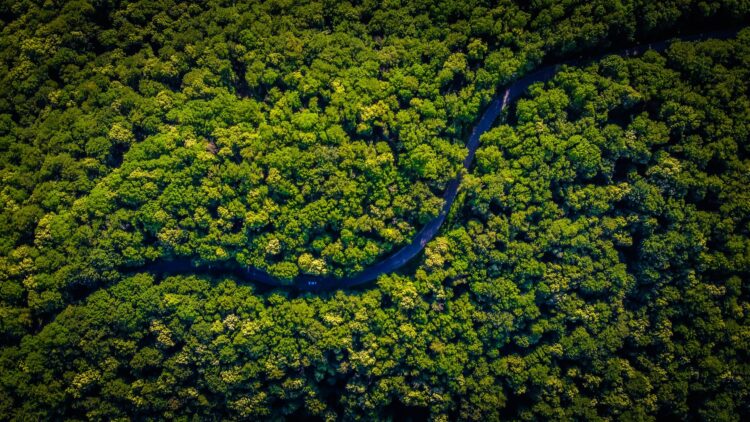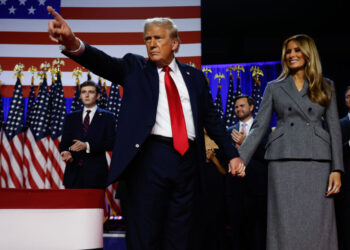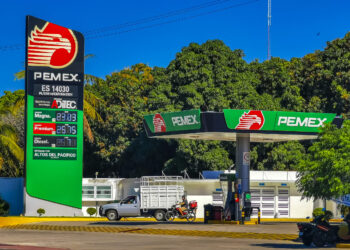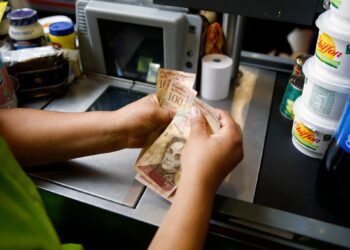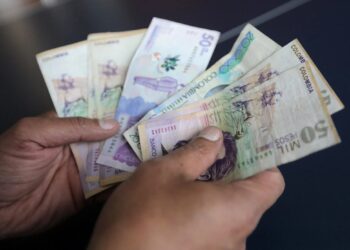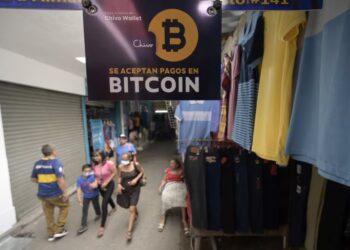Brazil is taking a significant step towards establishing a regulated carbon market after the Senate approved a key bill aimed at reducing greenhouse gas emissions and promoting forest conservation. The legislation, which now awaits further discussion in the lower house and the signature of President Luiz Inácio Lula da Silva, coincides with the COP29 climate summit in Azerbaijan. At this summit, Brazil set ambitious targets, pledging a 67% emissions reduction by 2035 compared to 2005 levels. The bill has become a priority as Brazil prepares to host COP30 in the Amazonian city of Belem next year.
According to Bloomberg, the proposed carbon market framework would require companies that exceed set emissions limits to purchase credits from entities with lower emissions or from projects that focus on forest conservation and reforestation. This model aligns Brazil with nations such as the EU, China, Japan, and Mexico, which already operate regulated carbon markets. Analysts see the initiative as a vital component of Brazil’s strategy to halt Amazon deforestation and reach carbon neutrality by 2050.
Vinicius Nunes, an analyst at BloombergNEF, emphasized the pressure on Brazil’s federal government to act on environmental commitments. “The government does not want to engage in Amazon preservation discussions without at least having a regulated carbon market in place,” he noted.
The new framework will affect around 5,000 companies across various sectors. It has the potential to stimulate the economy by up to 2% through investments in carbon offset and removal projects, especially in remote areas. However, the exclusion of agriculture, which accounts for approximately 25% of Brazil’s carbon footprint, has sparked criticism. Agriculture remains Brazil’s most influential industry, often linked to deforestation.
While Brazil is already a leader in voluntary carbon markets, challenges persist. Greenwashing and questionable project credibility have recently led to investigations into some carbon credit schemes. Experts like Professor Carlos Sanquetta of the Federal University of Paraná argue that a well-regulated carbon market could counter these issues, though this depends on the final structure of the legislation, which has undergone revisions since it was first proposed in 2015.
